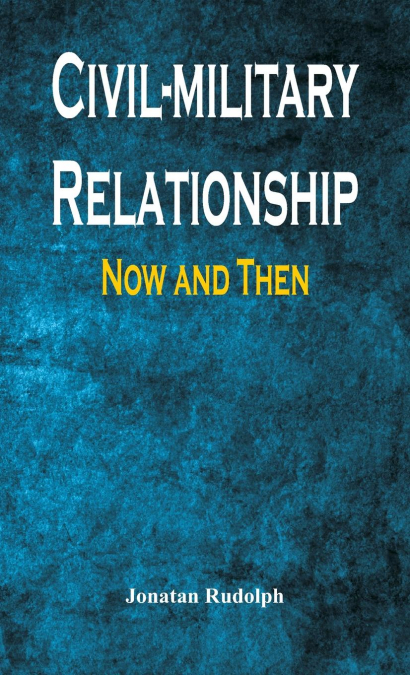
Jonatan Rudolph
A Civil–military relation describes the relationship between civil society as a whole and the military organization established to protect it. More narrowly, it describes the relationship between the civil authority of a given society and its military authority. Studies of civil-military relations often rest on a normative assumption that civilian control of the military is preferable to military control of the state. The principal problem they examine, however, is empirical: to explain how civilian control over the military is established and maintained. Civil-military relations are those interactions between the military and civilian actors that in some way relate to the power to make political decisions. Traditionally, the study of civil-military relations levitated around questions of who is master and who is servant in civil-military relations and who “guards the guardians” of the nation. In other words: the question of civilian control is at the heart of civil-military relations. Even though in recent years, especially with the fall of the Berlin Wall, democratization processes in eastern Europe, the enlargement of the North Atlantic Treaty Organization (NATO) and the proliferation of peace-building missions and programs in so-called post-conflict societies, the concept of security sector governance or security sector reform has gained prominence in the academic and policy-oriented literature, civilian control remains the central issue in civil-military relations in emerging democracies. The book deeply highlights the civil-military relation and its strategies.